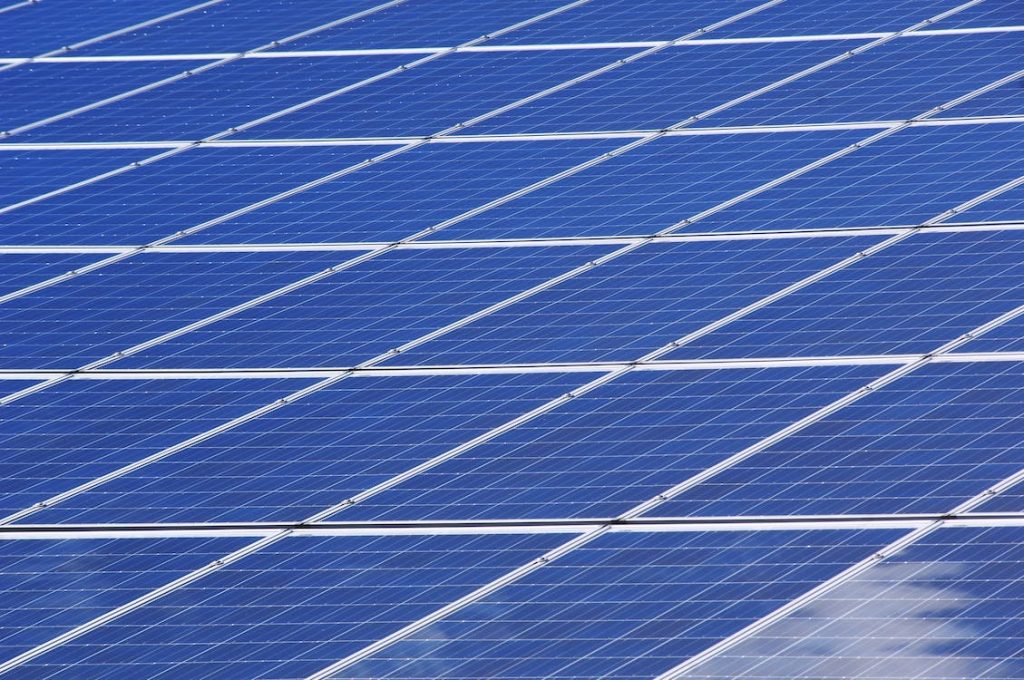The recent announcement of Brazil’s decision to raise the import tax on photovoltaic solar panels in 2023 is causing apprehension within the solar energy sector, potentially jeopardizing the installation of 18 GW of solar plants and putting 540 thousand green jobs at risk. Rodrigo Sauaia, the general director of ABSOLAR (Brazilian Photovoltaic Solar Energy Association), expressed these concerns in an interview with Canal Solar.
The decision to increase the tax is believed to be a response to pressure from national manufacturers seeking protective measures against the import of photovoltaic equipment. Sauaia argues, however, that this move may not be a viable solution, asserting that it could adversely affect Brazilian consumers and the majority of the solar sector while benefiting only a small group of national manufacturers already established in Brazil.
See also: Brazil Looks to Offshore Wind Power as Catalyst for Energy Transition
Sauaia points out that the current production capacity of national manufacturers meets less than 5% of the photovoltaic market demand, with prices that can be up to 50% higher than international products. He emphasizes that such measures contradict efforts to accelerate the energy transition in Brazil, posing a risk to existing investments and threatening thousands of jobs created over the past decade.
In November 2023, ABSOLAR presented a map to the Ministry of Development, Industry, Commerce and Services (MDIC) detailing 122 ex-tariffs crucial for solar entrepreneurs. The association recommended that the Federal Government retain exemptions on these components. However, Sauaia notes that the government chose to eliminate 56 of the 122 former tariffs, potentially affecting the financing of larger projects.
The decision may impede the realization of strategic programs initiated by the Lula Government, including the integration of solar energy into popular housing through the Minha Casa Minha Vida Program, the use of solar energy in public buildings such as schools and hospitals, the decarbonization of the Amazon, and the diversification of the Brazilian electricity matrix.
See also: Brazil Takes Measures to Fortify Domestic Solar and Wind Industries Through Tax Adjustments
Sauaia suggests that the government’s approach to promoting the national industry may not yield the desired results. He advocates for a more efficient strategy involving competitive industrial policies, incentivizing manufacturers with differentiated financing from the National Bank for Economic and Social Development (BNDES) for domestically manufactured products.
To mitigate potential negative impacts, ABSOLAR recommends that the government establish a deadline, until the second half of 2024, for the inauguration of new national photovoltaic equipment factories affected by the measure.

